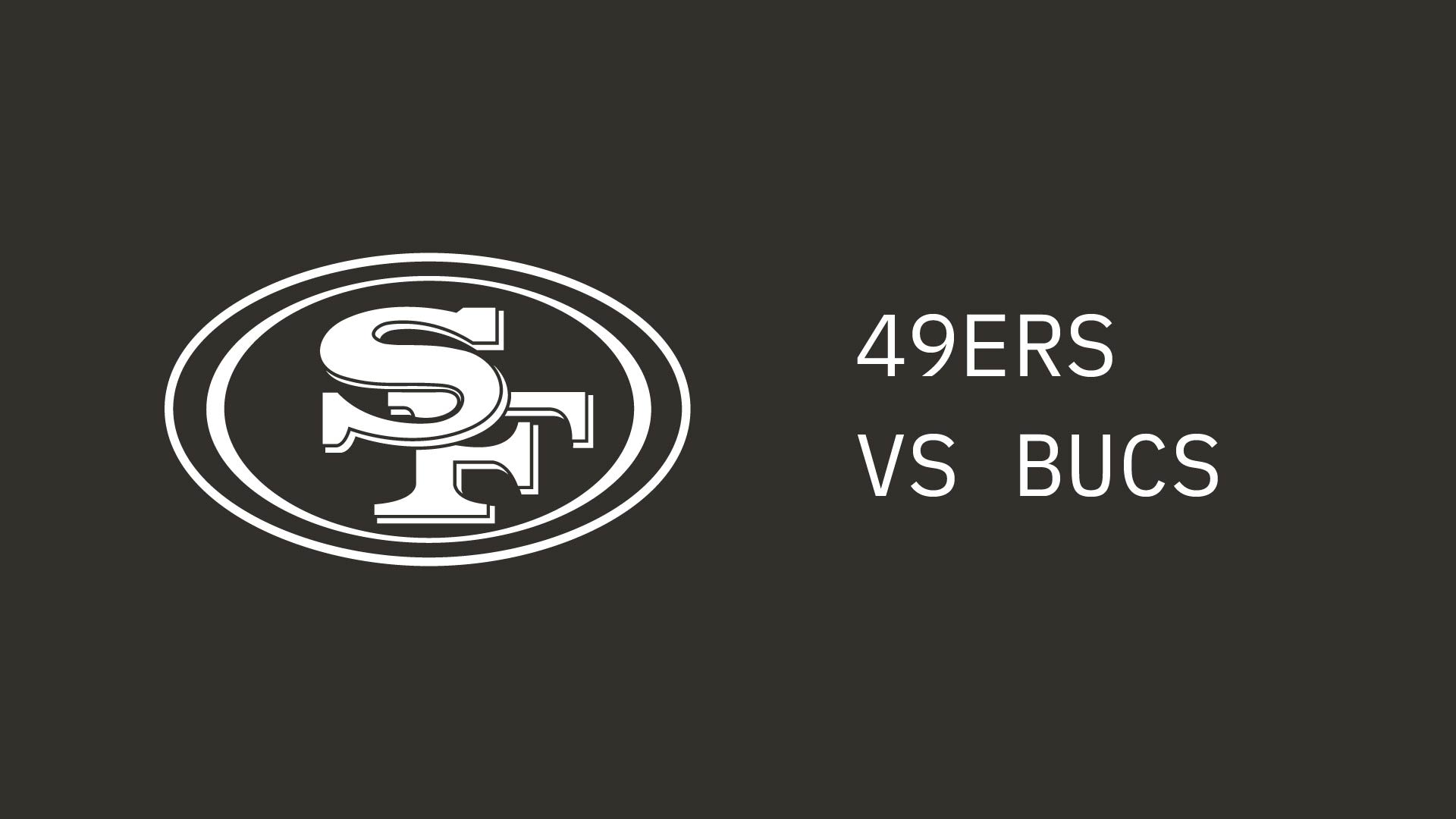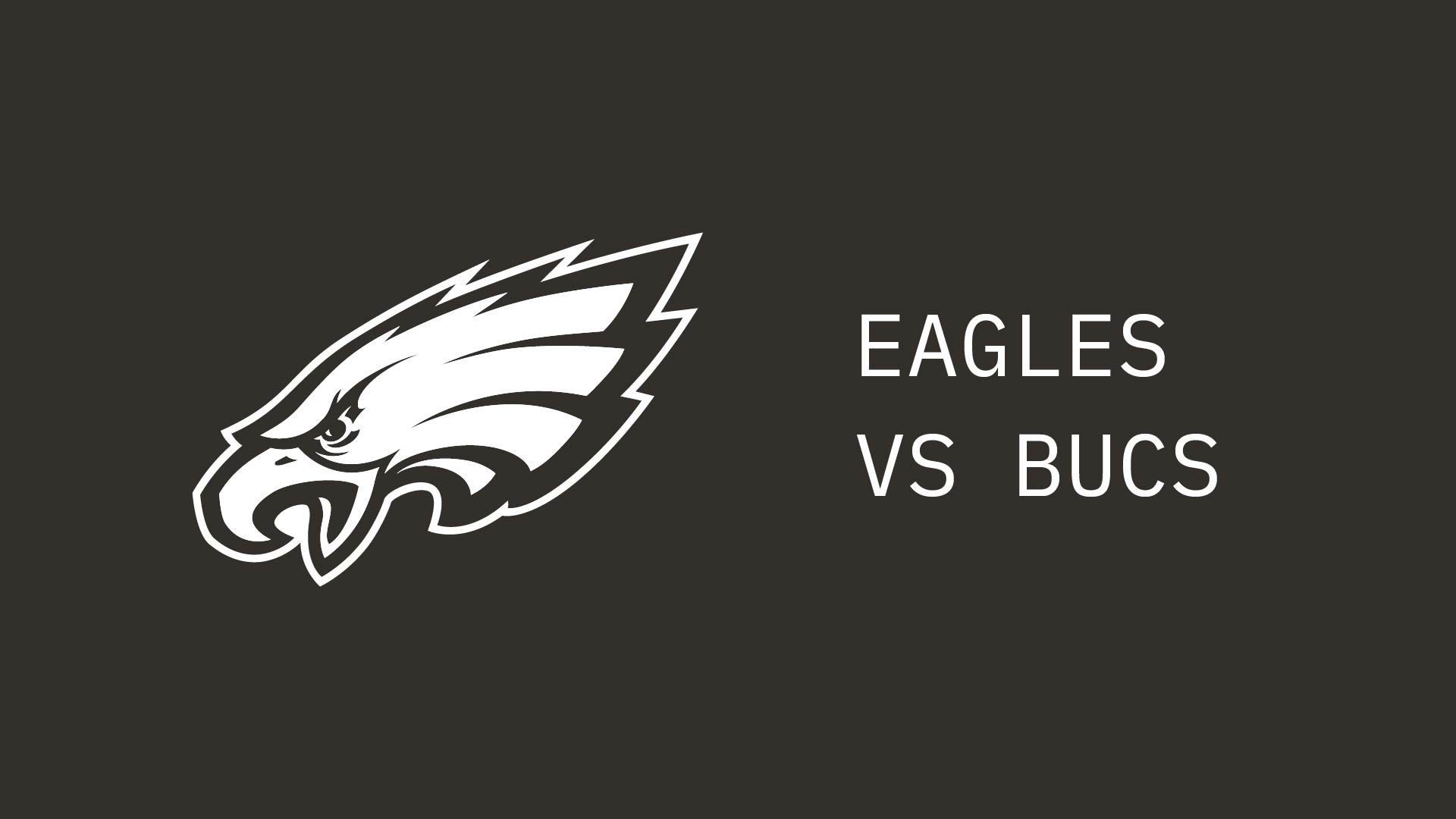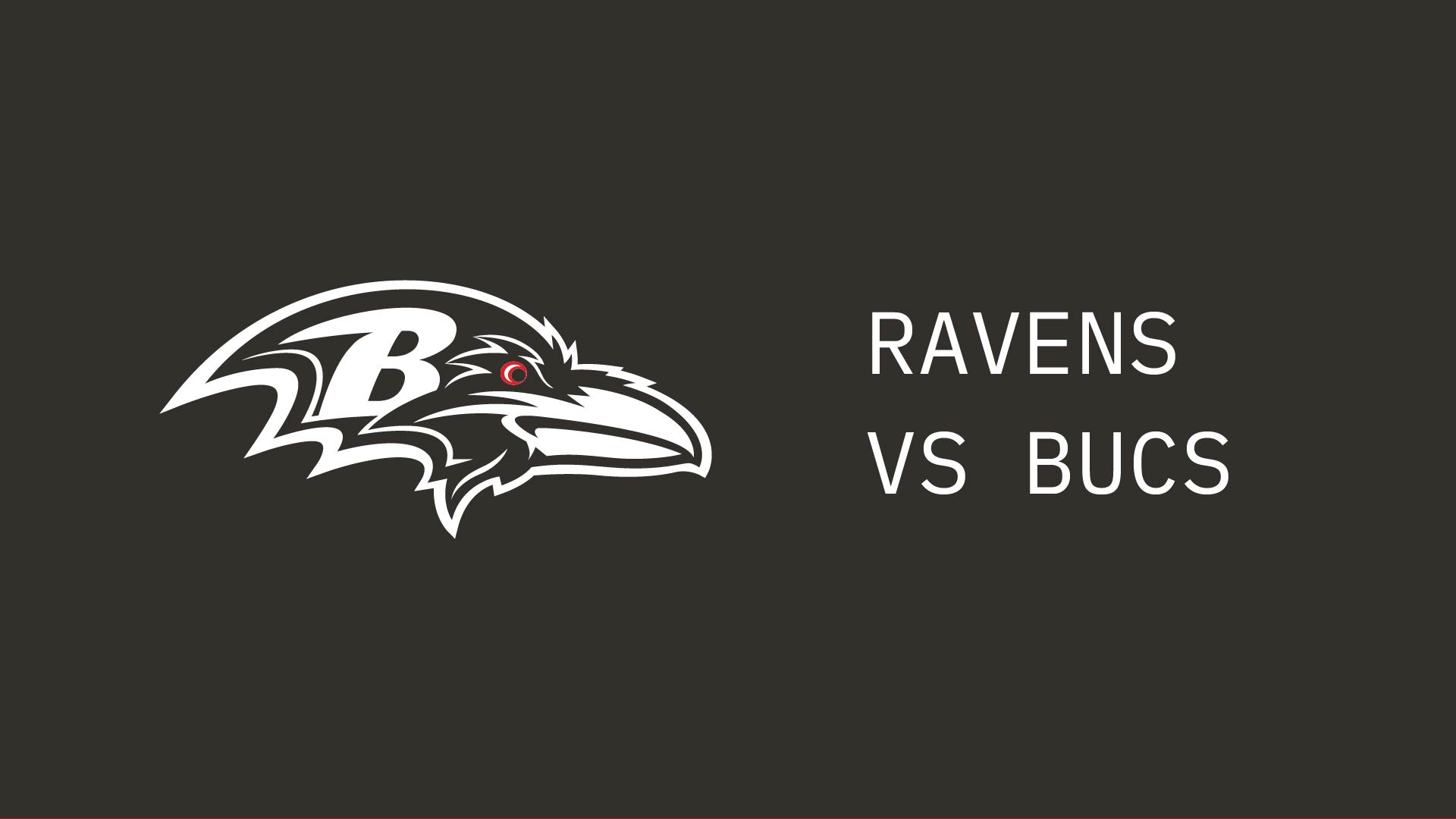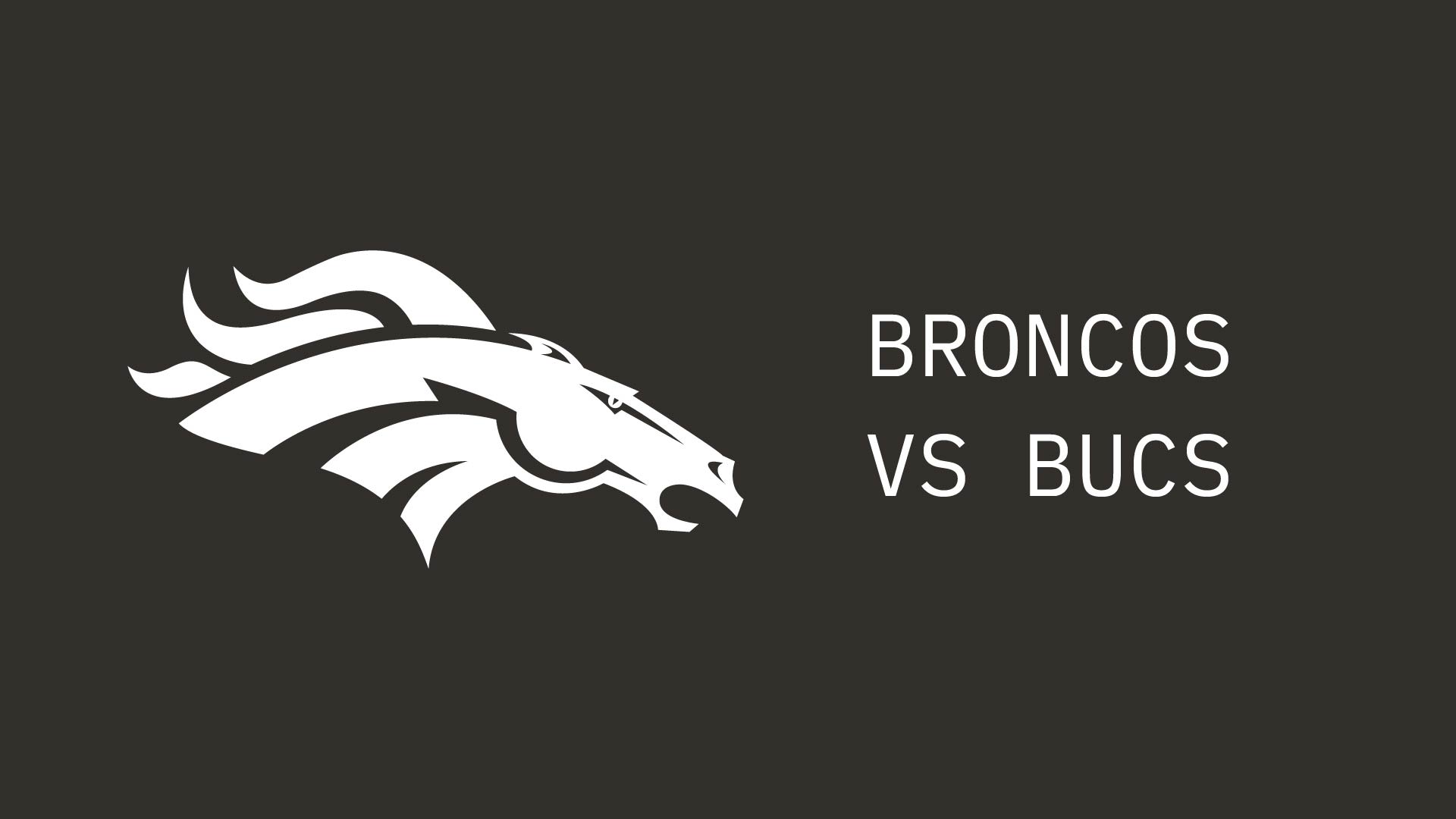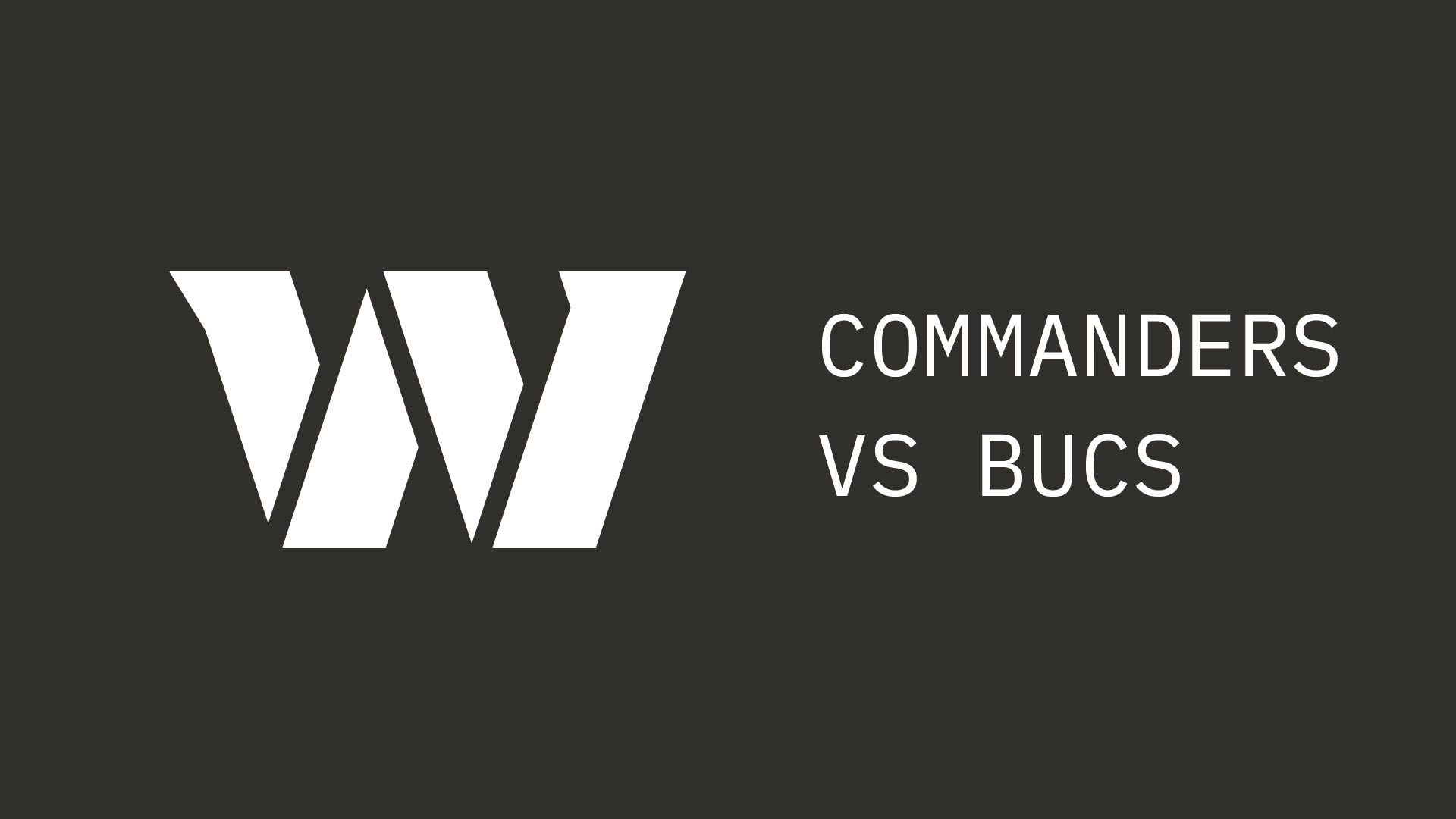The Tampa Bay Buccaneers will have a new starting quarterback in 2023. Unless they re-sign Jameis Winston or Mike Glennon – seems unlikely, to say the least – or coax Ryan Fitzpatrick out of his well-deserved retirement, it will be a quarterback who has never started for the franchise before.
And hey! That's worked out in the past. It really has. The Buccaneers are moving on to a new man under center because Tom Brady has chosen early retirement at the tender age of 45, but Brady himself was once a first-time Buccaneers starter and that went pretty well, if I recall correctly.
You can find other examples of this working out around the league from the past few seasons, if you're willing to be a little loose with the definition of "debut starter." Geno Smith had filled in for Seattle's Russell Wilson for three games in 2021 but was an opening day starter for the Seahawks for the first time this year and helped get his team to the playoffs while winning Comeback Player of the Year honors. Matthew Stafford led the Rams to a championship in his debut with the Rams in 2021. Philadelphia's Jalen Hurts started the last four games of 2020 but was an opening day starter for the first time in 2021 and brought his team to the postseason (and a swift exit against the Buccaneers, but 2022 went even better).
And so on. So I thought I'd look at debut quarterback seasons in Buccaneers history and identify the five best. To widen the pool of candidates a bit, this was my criteria: They had to start on opening day for the first time as a Buccaneer and they had to go on to start at least 10 games that season. So that works for, say, Shaun King, who had a memorable late season run as a rookie in 1999 but was a Week One starter for the first time in 2020. It doesn't work for FitzMagic, who started the first four games of 2018 while Winston was serving a suspension but only opened seven games overall.
There are 13 quarterbacks who fit that set of criteria in Buccaneers history, beginning with Doug Williams in 1978 and ending – so far – with Brady in 2020. I think the following were the five most successful of those 13 campaigns, in reverse order:
5. Brad Johnson, 2001
After King bought himself a full season as the starter in 2000 after his impressive work at the end of 1999, the Buccaneers decided to go the veteran route in 2001 and signed Johnson away from Washington as a free agent. Johnson threw for 3,406 yards and completed 60.8% of his passes, though the Bucs' run-heavy approach around the goal line (a natural strategy when you employ Mike Alstott) limited him to 13 touchdown passes against 11 interceptions. The Bucs went 9-7 and made the playoffs as a Wild Card team.
4. Jameis Winston, 2015
The first-overall pick in the draft, Winston stepped right into the starting lineup and threw for 4,042 yards – at the time, the second-most in a single season in franchise history – and 22 touchdowns. His 58.3% completion rate and 15 interceptions kept his passer rating down at 84.2, but he made the Pro Bowl as an alternate and was second in the Offensive Rookie of the Year voting. It was a promising debut for the player the Bucs hoped would be a long-term franchise quarterback.
3. Jeff Garcia, 2007
The Bucs once again imported a veteran who had already had some big seasons elsewhere in 2007 after sixth-round pick Bruce Gradkowski had led the team's quarterbacks with 11 starters in 2006 and gone 3-8. Garcia battled injuries and missed three starts but led the Bucs to a big rebound season after a dismal 2006 and made the Pro Bowl for the first time in five seasons. He completed 63.9% of his passes and set a still-standing Bucs record with a 1.22%, though Brady narrowly missed breaking that mark in 2022.
2. Josh Freeman, 2010
A first-round draft pick in 2009, Freeman didn't take over as the starter until halfway through his rookie season. By the criteria I'm using here, that makes 2010 his debut season as a Week One starter, and it went very well. Freeman threw 25 touchdown passes and just six interceptions, setting a franchise record with a 4.17 touchdown-to-interception ratio. Even after Brady's three amazing seasons at the helm, that remains the team's single-season record in that category. Freeman threw for 3,451 yards and had a passer rating of 95.9. A season after finishing 3-13, the Buccaneers went 10-6 and only missed the playoffs on a third-level tiebreaker.
1. Tom Brady, 2020
I mean, obviously. We really don't even need any numbers here. Brady came to town after two decades and six Super Bowl championships in New England and immediately led the Buccaneers to their first title in 18 years. But, of course, the numbers weren't half bad, either. Brady set a team record with 40 touchdown passes (he would break that again in 2021) against just 12 interceptions and finished with a 102.2 passer rating, also the best ever by a Buccaneer. He was prolific in the playoffs as well, throwing for 265.3 yards per game and 10 touchdowns against three interceptions. He was named MVP of Super Bowl XL after the Bucs thumped the Chiefs, 31-9.
The other eight QBs who qualified for this list, by the way, were Steve Spurrier (1976), Doug Williams (1978), Steve DeBerg (1985), Vinny Testaverde (1988), Craig Erickson (1994), Trent Dilfer (1995), Shaun King (2000) and Josh McCown (2014).
You can't really judge Spurrier based on the roster-wide lack of talent on that expansion squad. Williams led that '78 team to a 4-6 record in his 10 starts, which is honestly not bad, but he only completed 37.6% of his passes and had seven touchdowns to eight picks. DeBerg actually started more games for the Bucs in 1984 than he did in '85, but he didn't start in Week One in '84. He was 1-10 as a starter in 1985. Testaverde threw 35 interceptions in 1988, so yeah. Erickson had an 18-21 TD-INT ratio in 1994 and was eventually replaced by Dilfer, who had a 4-18 TD-INT ratio in 1994. King wasn't terrible in his one full season as a starter (18 TDs, 13 INTs) but the Bucs quickly went looking for a replacement. And McCown had a 70.5 passer rating and a 1-10 record as starter in 2014, helping the Bucs get the first pick in the 2015 draft, which they used on Winston.
Now on to your questions.
A reminder that you can send questions to me anytime you want on Twitter (@ScottSBucs) and they're easier to find if you include the hashtag #SSMailbagBucs. We are also now soliciting questions each week on our Instagram page; look for that story on Wednesdays. As always, if you want to get a longer question into the mailbag and would prefer to email your question, you can do so to tbbsocial@buccaneers.nfl.com.
Hello Salty-neers!
Now that our season is done and the Super Bowl is among us, a lot of us fans are starting to look towards the draft. The last time we picked at 19th overall, we selected TE OJ Howard.
I can't help but think that throughout the NFL Draft history, who are some notable players that were picked at 19th overall?
I understand there is chance we trade back or up, so this question may not be relevant by the time we make our first selection this year. I just want to have hope that the if we pick at 19, he becomes a Hall of Famer.
Hope you're all doing well. Loved the Salty Dogs/Tampa Two collaboration.
- Richard Teraoka, San Gabriel, Ca. (via email to saltydogs@buccaneers.nfl.com)
As you can see, this question was actually sent to the Salty Dogs podcast, but since I'm not sure when our next episode is going to be I'm going to take a crack at it here first so Richard doesn't have to wait.
First of all, that selection of O.J. Howard at number 19 in 2017 wasn't just the last time the Buccaneers have made the 19th-overall selection, it is also the only time they have done so. There was one other season, 2009, in which the Bucs began the first round in possession of the 19th pick, but in that case they traded up two spots before taking quarterback Josh Freeman at number 17. That's not really unusual, though. There are 17 spots between one and 32 in which the Bucs have picked one or fewer times throughout their draft history so far. (And, yes, I know the first round hasn't always been 32 picks long.)
The results at the 19th-overall spot have been a mixed bag overall, but you're going to find that at just about any pick number because the draft really is a bit of an elaborate guessing game. It's too early to judge last year's pick, Northern Iowa tackle Trevor Penning, who went to the Saints at 19, especially because he was hurt for a good portion of the season. I'd probably say the same about Kentucky linebacker Jamin Davis, who went 19th to the Commanders in 2021, though he did start 15 games last year, recording 104 tackles and three sacks. The 2020 19th-overall pick, though, has been a complete bust as Ohio State cornerback Damon Arnette, who was taken by the Raiders, is already out of the league due to issues both on and off the field.
The most recent home run at number 19 is Mississippi State defensive tackle Jeffery Simmons, who was grabbed by the Titans in 2019 even though they knew he had a pre-existing injury that would delay his rookie debut until about midseason. Simmons has 16.0 sacks and 30 QB hits over the past two seasons, both of which ended in Pro Bowl invitations and second-team AP All-Pro honors.
The 19th-overall pick has been a part of the first round since 1967, and in that time it has been used to draft an eventual Hall-of-Famer. The Cardinals did it first in 1969, grabbing cornerback Roger Wehrli, who recorded 40 career interceptions and went into the Hall in 2007. Next was guard Randall McDaniel, picked 19th by the Vikings in 1988 and ushered into Canton in 2009. And finally, wide receiver Marvin Harrison, the Colts' first-round pick in 1996, got his bronze bust in 2016. None of those three got in in their first year of eligibility, so I guess you'd probably call it a tie for who gets the honor of being Mr. 19.
Some other 19th-overall picks who have worked out pretty well to very well in the last couple decades are linebacker Leighton Vander Esch (Cowboys, 2018), edge rusher Shaq Lawson (Bills, 2016), cornerback Prince Amukamara (Giants, 2011), wide receiver Jeremy Maclin (Eagles, 2009), cornerback Antonio Cromartie (Chargers, 2006) and defensive tackle Casey Hampton (Steelers, 2001).
Going back a little farther you find running back Shaun Alexander (Seahawks, 2000) defensive end Vonnie Holliday (Packers, 1998), defensive end Wayne Martin (Saints, 1989), running back James Stewart (Jaguars, 1995), safety Joey Browner (Vikings, 1983), linebacker Otis Wilson (Bears, 1980), tackle Brian Holloway (Patriots, 1981) and safety Jack Tatum (Raiders, 1971). In an incredible coincidence, Patriots wide receiver Darryl Stingley, who was left paralyzed by a hit from Tatum during a 1978 preseason game, was also the 19th overall pick in 1973.
That may not be an exhaustive list as I might have missed a couple standouts, particularly from the earlier years. Interestingly, there aren't a lot of obvious busts that jump out at me on that list of 50-something number-19s. Other than Arnette I guess you'd include quarterback Kyle Boller (Ravens, 2003), linebacker Shea McClellin (Bears, 2012) and running back Paul Palmer (Chiefs, 1987). Otherwise, it's mostly a group of players who worked out okay but probably not fully up to expectations as a first-round pick, like Howard with the Bucs. You'd probably put tackle Ja'Wuan James (Dolphins, 2014), linebacker Sean Weatherspoon (Falcons, 2010), tackle Jeff Otah (Panthers, 2008) and a number of others in that category.
Hey Dogs! Hoping we get some more offseason podcasts. C'mon guys! There's the draft, there's free agency, there's new coaches… plenty to talk about! Anyway, I don't know when you're doing your next show but I'm sending in a question now because I'm inspired by Mr. Barber getting into the Hall of Fame. It took a little bit longer than I would have liked for Lynch and Barber to make it, but they did make it and now… well, who do we turn our attention to now? I don't mean to be greedy after four guys in the last 10 years or so, but the more Bucs in the hall the better, right? So who's next, if anyone? Thanks guys!
- Ken V., Gainesville (via email to saltydogs@buccaneers.nfl.com)
(p.s. Give Kyle Trask a chance!)
Yes, another steal from the Salty Dogs mailbox. Sorry, Instagram hasn't been particularly frisky the last couple weeks.
Anyway, good question, Ken, and thank you for not stating the obvious and giving me a chance to do it first. After Ronde Barber in this year's class, the next Buccaneer to go into the Pro Football Hall of Fame will be Tom Brady in the Class of 2028. That's assuming he stays retired, of course, and I'm of the opinion that will happen. Almost every year there is at least one finalist who is an obvious first-ballot candidate for Canton, like Joe Thomas this past year or Peyton Manning in 2021. I'm sure I don't have to convince anyone that Brady will be that guy – times 10 – as soon as he is eligible. That will be 2028. We don't even need to waste our time with an argument; I'm sure whoever is tasked with making his case in front of the Selection Committee that year will just stand up and say, "Seven rings," and sit back down.
I also think Mike Evans is well on his way to being a Hall of Famer. It always helps to have that one statistical achievement that nobody else has ever done, like Barber with his 40+ interceptions and 25+ sacks. Evans is the first player in NFL history to open his career with nine straight 1,000-yard receiving seasons, and at this point he's just adding more distance between him and the rest of the pack. The old record was six, held by Hall of Famer Randy Moss.
Obviously, when you keep stacking 1,000-yard seasons your career numbers are going to start becoming pretty dang weighty. Evans currently ranks 45th in NFL history with 10,425 receiving yards and tied for 30th with 31 touchdown catches. I'm not sure that's enough to get him a ticket to Canton if he were to retire tomorrow (note to Mike: Don't retire tomorrow or anytime soon, please!), but he's only turning 30 in August. He has put himself in position to have clear Hall of Fame numbers if he keeps going for a while.
It seems obvious to me that if Evans keeps playing for even just, say, three more seasons, he will easily get to 90 touchdown catches. There's a decent chance he gets to that mark next year. (And, by the way, I'm setting the bar low on the number of seasons left; I think he will play more than that.) There are 13 players in NFL history with at least 90 touchdown catches and 10 are already in the Hall of Fame. The other three – Antonio Gates, Larry Fitzgerald and Rob Gronkowski – are all shoo-ins as soon as they are eligible.
As for the yardage, there are 20 players in NFL history with at least 13,000 receiving yards, and 12 are in the Hall of Fame. The only who is not who is already eligible is Henry Ellard. Most of the other seven are very likely to be enshrined at some point. From where he is at now, if Evans played three more years he would only need to average about 850 yards per season to get to the 13,000-yard threshold. And, again, I'm being very conservative with that number of remaining seasons. If Evans plays five more years he would only need to average 515 yards per campaign to get there. And he'd probably hit a 100 touchdowns by then, which would make him almost a sure bet.
I kind of glossed over one other obvious candidate there because I was interested in making the case for a lifelong Buccaneer first. But Rob Gronkowski seems like a first-ballot Hall of Famer to me, too. He'll be eligible for the first time in 2027. Some consider Gronkowski to be the greatest tight end of all time, particularly with his postseason exploits included, though Tony Gonzalez fans would surely push back against that. Anyway, Gonzalez got in in his first year of eligibility and I would expect the same for Gronkowski no matter who you think is the king of the hill among tight ends.
I think Simeon Rice at least deserves consideration but after making the cut to the semifinalist group a couple years back he has since dropped back off the ballot so that ship has probably sailed. Like most fans, I think Lavonte David has had and continues to have a Hall of Fame-worthy career, but the fact that he still has only been selected for one Pro Bowl makes me believe he will continue to be criminally underrated. I know a lot of Bucs fans think Mike Alstott deserves Canton consideration, too, and I don't disagree, but he's been eligible for quite some time already and has never been a finalist. That's probably not going to change, unfortunately.
**Would the cap space allow to draft Jimmy "G"?
Regards from Germany
Dirk (via email to tbbsocial@buccaneers.nfl.com)**
Thank you, Dirk. Always love to hear from one of the many, many NFL fans in Germany, particularly if they root for the Buccaneers.
I assume that Dirk is referring to quarterback Jimmy Garoppolo of the 49ers, who is set to become an unrestricted free agent on March 15. San Francisco Head Coach Kyle Shanahan said on February 1 – coincidentally the same day Tom Brady retired and put the Bucs in need of a new starting quarterback – that he didn't see "any scenario" in which Garoppolo would return to the 49ers in 2023. Of course, that was basically the same storyline for much of 2022 before the two sides surprisingly decided to stay together for one more season. This time, the separation is probably final, so Garoppolo is likely to be one of the quarterbacks available to those teams in need.
I can't speculate too deeply on if the Buccaneers do or will have interest in Garoppolo for fear of tampering. However, that's not actually Dirk's question. He just wants to know if such a move would be possible, and I can definitely write about that.
The answer is yes, it would be possible, if not exactly easy. It's the same reason the Saints, who are in essentially the same cap situation as the Buccaneers, brought Derek Carr in for a visit. It might look at the moment like there is no way the Saints could fit a Carr contract under their cap, given that Spotrac estimates his market value at around $42 million a year. But, as the Saints in particular have shown year after year, there are multiple ways to create cap space.
The Buccaneers and Saints have to do exactly that by March 15, in fact. When we say a team is "over the cap," that means the collection of contracts, and expired contracts with dead money, they have for the upcoming season would add up to more than the limit. But you can't actually go into a new league year over the cap. You have to get in compliance by the deadline.
There are multiple ways to do this. The most straightforward one is to release players to clear their contracts off the ledger. That's not always easy, because often a player's contract is structured so that releasing him actually creates a further hit on the cap. But sometimes a simple release is helpful; that was the case with the Raiders and Carr, as his contract had no guaranteed money after the 2022 season. it was structured specifically so that it could be terminated now if that's what the team wanted to do.
Teams can also create cap space by restructuring player contracts, which is almost always welcomed by the player because it usually consists of converting future salary into a bonus paid right now. That spreads the cap hit over the remaining seasons of the contract. Essentially you're pushing some of what would be the contract's cap hit this season into future seasons. The same is true of contract extensions, which can add years to what is left of a player's deal and thus spread out the hit.
Spotrac estimates Garoppolo's market value to be a four-year deal for $139,735,404, which is oddly specific. That's an average of $34,933,851, which is an awful lot for a team like Tampa Bay that already has to do some maneuvering just to be cap compliant. But it is possible, particularly if such a contract is structured so that the cap hit is lower than that figure in 2023 and higher in subsequent seasons.
Again, this has nothing to do with the Bucs' interest level in Garoppolo or any other quarterback. It's just a look at the system. The big question, of course, is do the Buccaneers want to be in the business of pushing off cap hits into future seasons at this moment in time? They've already done that over the last few seasons as they were chasing championships with Brady at the helm, which was demonstrably a good decision, but that's why they are currently so far over the cap. The next few months will indicate how much the team wants to continue down the road or how much they want to take those hits now for the sake of a more manageable future.



































